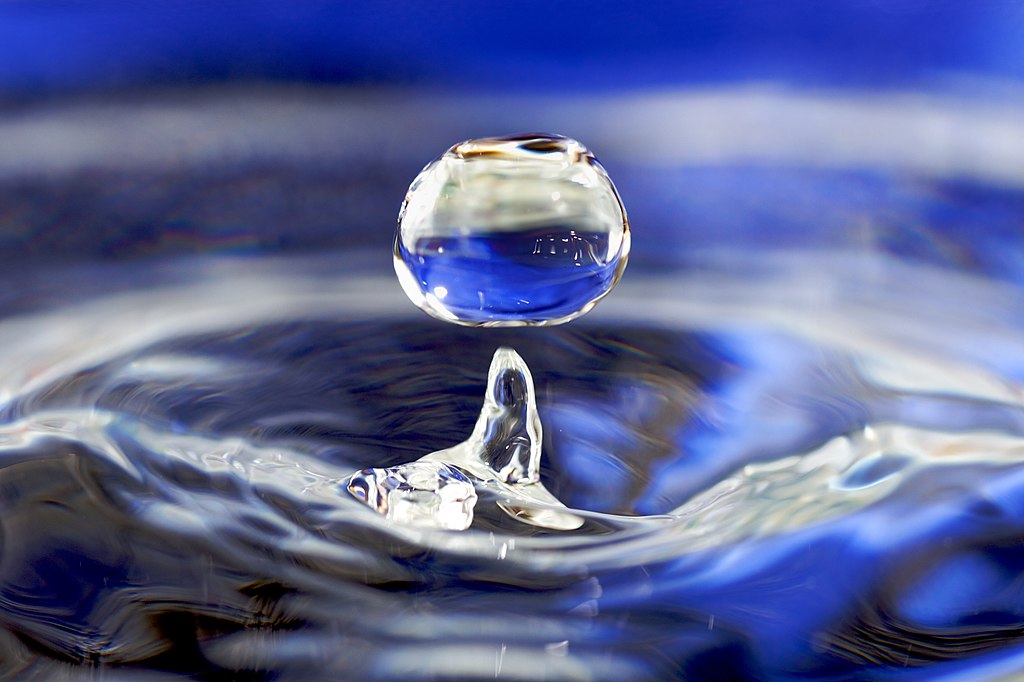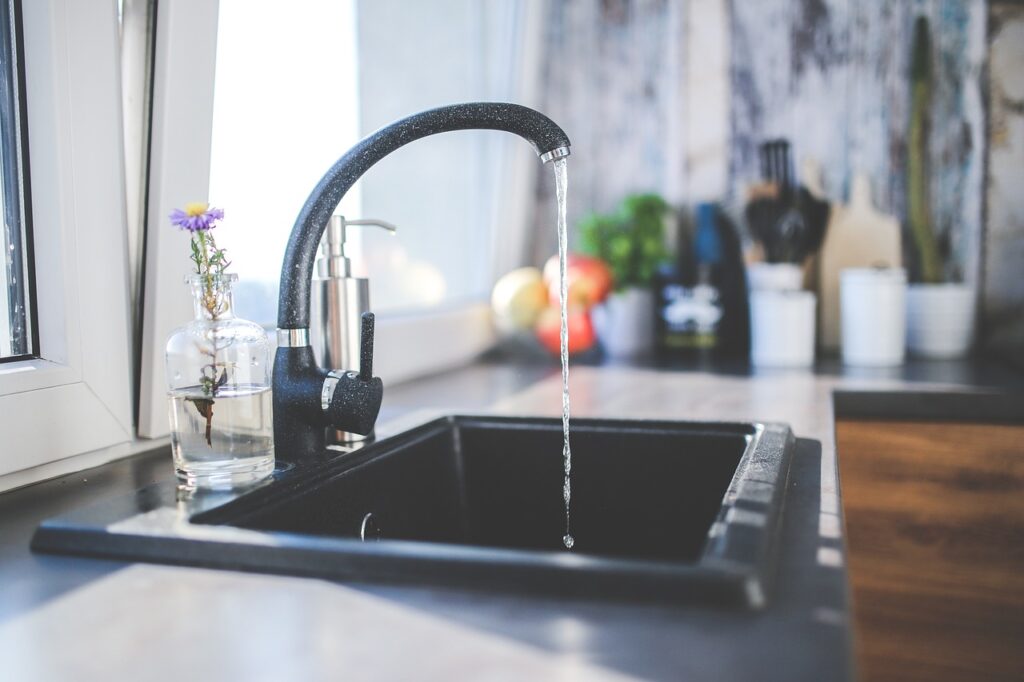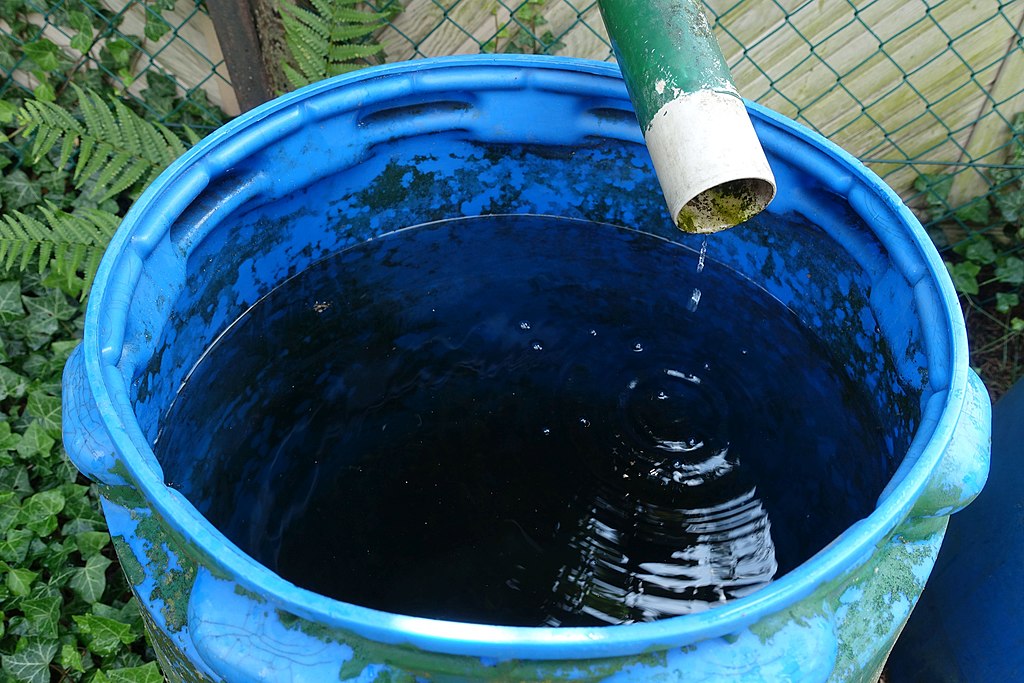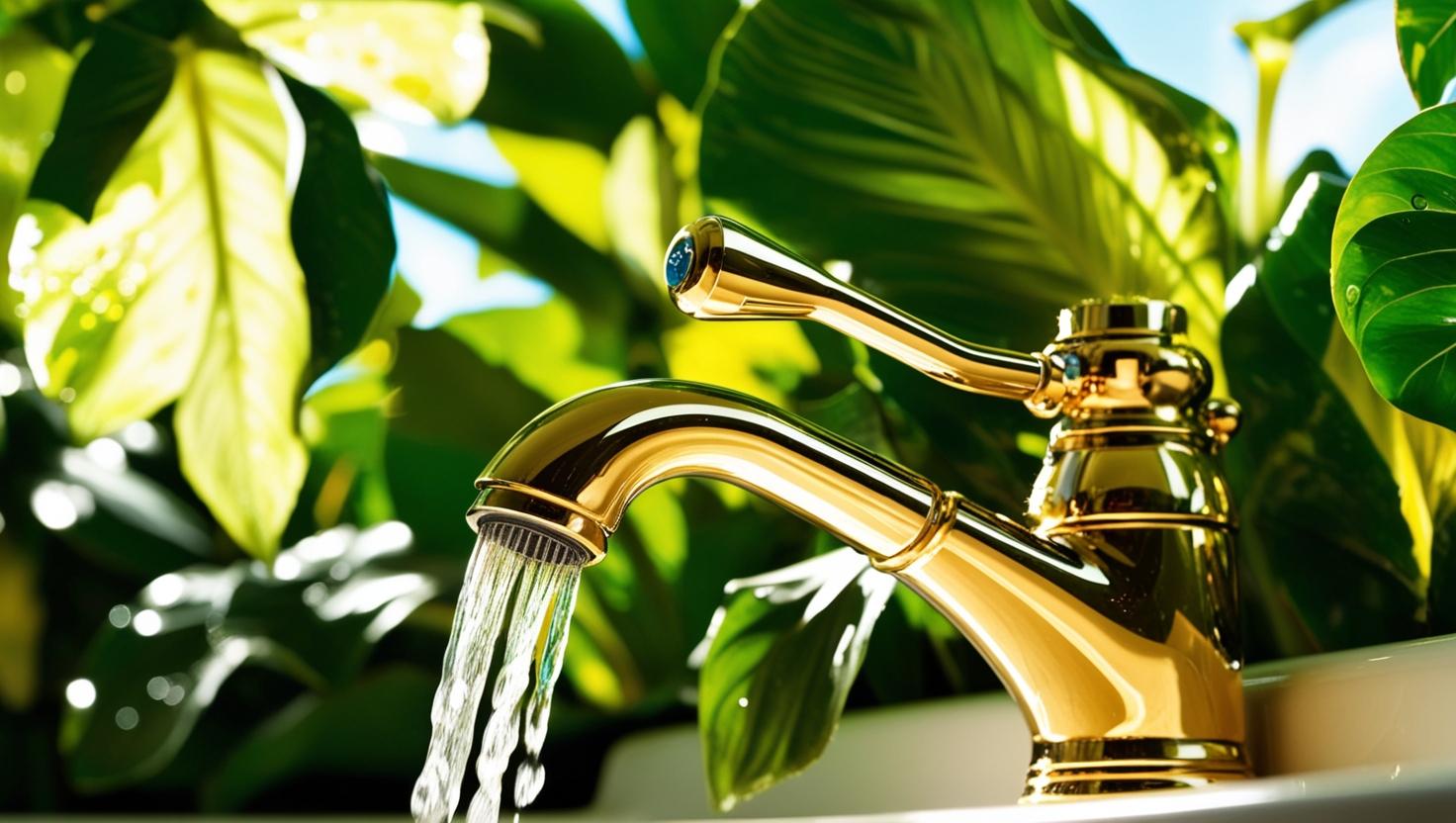Water is essential for your houseplants to thrive, but did you know that the quality of the water you use can have a significant impact on their health? Just as we need clean, mineral-rich water to stay healthy, our plants also benefit from water that is free from impurities and has the right mineral balance.
In this guide, we’ll explore how water quality affects your houseplants, the different types of water you can use, and tips for improving your plant’s hydration. Let’s dive into everything you need to know about plant-friendly water!

Why Water Quality Matters for Houseplants
Water is the lifeblood of your plants, but the type of water you use can affect everything from growth rates to overall plant health. Plants absorb water through their roots, and the water quality can influence how well they take up nutrients, how fast they grow, and even how prone they are to diseases.
Here are a few reasons why water quality is crucial:
- Nutrient Absorption: High-quality water helps plants take up nutrients from the soil more efficiently. Contaminants, salts, and chemicals in poor-quality water can interfere with nutrient uptake, leaving plants stressed and weak.
- Preventing Build-up of Toxins: Poor water quality can lead to the accumulation of harmful minerals and salts in the soil, creating toxicity that can harm the roots and damage the plant.
- Preventing Root Rot and Disease: Using contaminated water, or water that’s too cold or too hard, can lead to conditions that promote root rot or fungal diseases. Water quality impacts the overall health and strength of your plant’s root system.
Types of Water and Their Impact on Plants

1. Tap Water
Most people use tap water to water their houseplants, but it’s important to understand what’s in your tap water. The quality can vary depending on your location and the municipal water treatment process.
Pros:
- Convenient and Readily Available: Tap water is easy to access and free in most cases.
- Contains Trace Minerals: Tap water often contains beneficial minerals like calcium and magnesium that plants need for healthy growth.
Cons:
- Chlorine and Chloramine: These chemicals are added to disinfect the water and can harm sensitive plants. While chlorine dissipates after sitting for a few hours, chloramine remains in the water and is much harder to neutralize.
- Hard Water: Tap water can be “hard,” meaning it contains high levels of calcium and magnesium. While these minerals are essential for plants in moderation, excessive hard water can lead to mineral buildup in the soil, which may result in nutrient imbalances or “lime” staining on plant leaves.
Tip: If you must use tap water, consider letting it sit for 24 hours to allow chlorine to evaporate. If you suspect high levels of chloramine or hard water, you may want to invest in a water filtration system or use alternative water sources.
2. Filtered Water
Filtered water is an excellent choice for houseplants, especially if your tap water is heavily chlorinated or has a high mineral content.

Pros:
- Removes Contaminants: A good filter removes chlorine, chloramine, heavy metals, and other chemicals, providing cleaner water for your plants.
- Balanced for Plant Health: Water filters can reduce hard water buildup and prevent issues like root rot and nutrient lockout caused by high mineral concentrations.
Cons:
- Cost and Maintenance: Water filters require an upfront investment and regular maintenance (changing the filter).
- Possible Lack of Minerals: Some filters remove beneficial minerals like calcium and magnesium. If you’re using filtered water, you may need to supplement with a liquid fertilizer occasionally.
Tip: If you’re using filtered water, you might want to occasionally add a balanced fertilizer to ensure your plants are getting the minerals they need.
3. Rainwater
Rainwater is often considered one of the best water sources for plants because it’s naturally soft and free of chemicals.

Pros:
- Ideal for Sensitive Plants: Rainwater is naturally free from chemicals like chlorine and chloramine, making it gentler on plants, especially those that are sensitive to such elements (e.g., orchids, ferns, and carnivorous plants).
- Rich in Nitrogen: Rainwater often contains small amounts of nitrogen, an essential nutrient for plant growth.
Cons:
- Contaminants in Collection: Depending on where you live, rainwater may pick up pollutants and dust particles from the air or from roof runoff, so you’ll need to ensure you collect rainwater in a clean container.
- Storage Issues: Rainwater can’t always be collected consistently, and you may need to store it, which can lead to algae growth or stagnation in the water if not used quickly.
Tip: If you’re collecting rainwater, be sure to use a clean container, and store the water in a cool, shaded area to prevent algae growth. You may also want to filter it before use.
4. Distilled Water
Distilled water is purified by boiling it and condensing the steam back into water, leaving behind most minerals and impurities.
Pros:
- Pure and Free of Contaminants: Distilled water contains no chlorine, chloramine, or minerals, making it ideal for plants that are sensitive to impurities.
- Helps Prevent Salt Build-up: Because distilled water is free of minerals, it’s less likely to contribute to salt or mineral buildup in the soil.
Cons:
- Lacks Essential Minerals: The lack of minerals in distilled water can be a downside for plants, as they may miss out on some important nutrients that come with regular water.
- Requires Investment: Buying distilled water can be expensive and may not be sustainable for frequent watering.
Tip: If you use distilled water, supplement with a balanced fertilizer to ensure your plants get the necessary nutrients for growth.
How to Improve Your Water Quality
If you’ve identified that your water source may not be ideal for your plants, there are several ways you can improve its quality:
1. Invest in a Water Filtration System
A good water filter can help remove harmful chemicals, metals, and excessive minerals from your water. You can find whole-house systems, faucet filters, or pitchers with built-in filters to improve your plant’s watering water.
2. Use a Water Softener
If you have hard water, a water softener can help reduce the concentration of calcium and magnesium. However, this solution might not be ideal for every plant, as some plants prefer slightly hard water, so be mindful of your plant species.
3. Let Tap Water Sit
If you’re using tap water with chlorine, letting it sit out for 24-48 hours can help dissipate the chlorine. This is especially useful if you don’t want to invest in a filter but still want to improve your water quality.
4. Collect Rainwater
Rainwater is often the best option for watering your plants. If it’s feasible in your area, invest in a rainwater collection system and use this water for your plants to avoid the chemicals in tap water altogether.
5. Boil Tap Water and Let It Cool
Boiling tap water helps to evaporate some of the chlorine and other volatile compounds. Let the water cool to room temperature before using it for your plants.
Signs of Poor Water Quality
Even with all these precautions, sometimes poor water quality can still affect your plants. Here are a few signs to look out for:
- Yellowing Leaves: Often a sign of poor nutrient absorption, which could be due to bad water quality.
- Brown Leaf Tips: If your plant’s leaf tips turn brown or crispy, it could be a sign of high levels of salts or chemicals in the water.
- Stunted Growth: If your plant is not growing or thriving as expected, poor water quality could be a contributing factor.
- Root Rot or Fungus: Stagnant or contaminated water may lead to root rot or fungal issues, especially in plants that need well-drained soil.
Conclusion
Watering your houseplants with the right kind of water is just as important as how often you water them. Understanding the differences between tap water, filtered water, rainwater, and distilled water can help you make informed decisions for your plants’ health. Taking the time to improve your water quality — whether through filtration, using rainwater, or simply letting your tap water sit — can have a significant impact on the overall health and longevity of your plants.
Remember, every plant is different, so it’s important to pay attention to the specific needs of each one. 🌱💧

